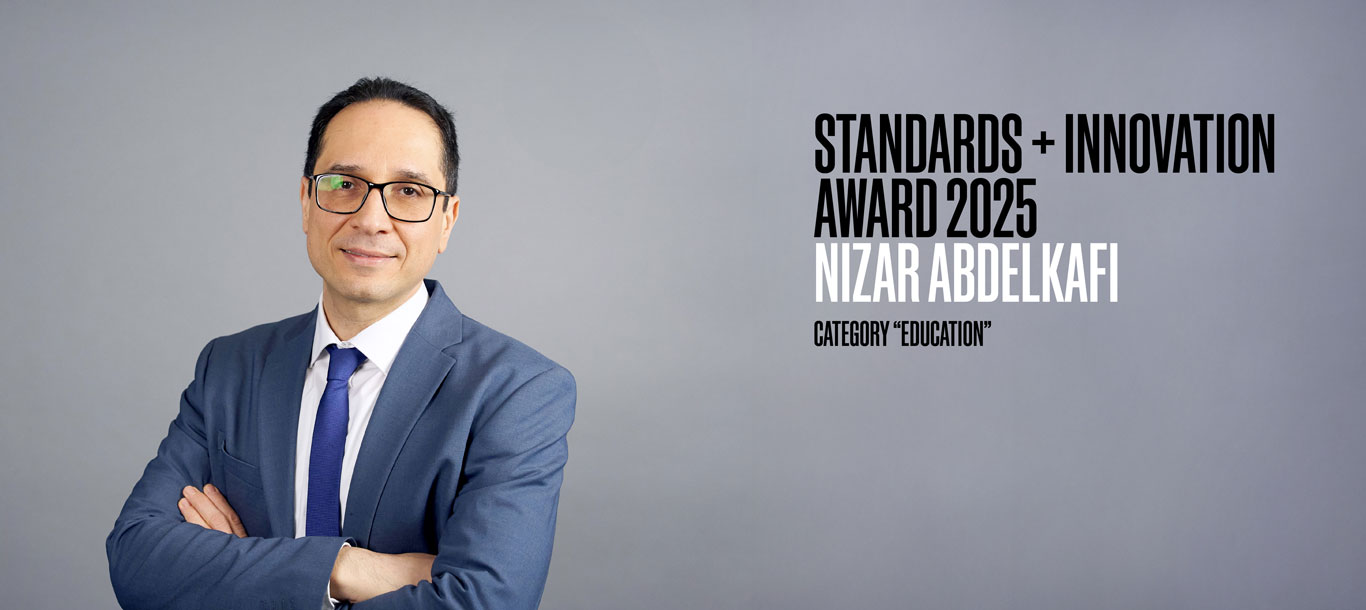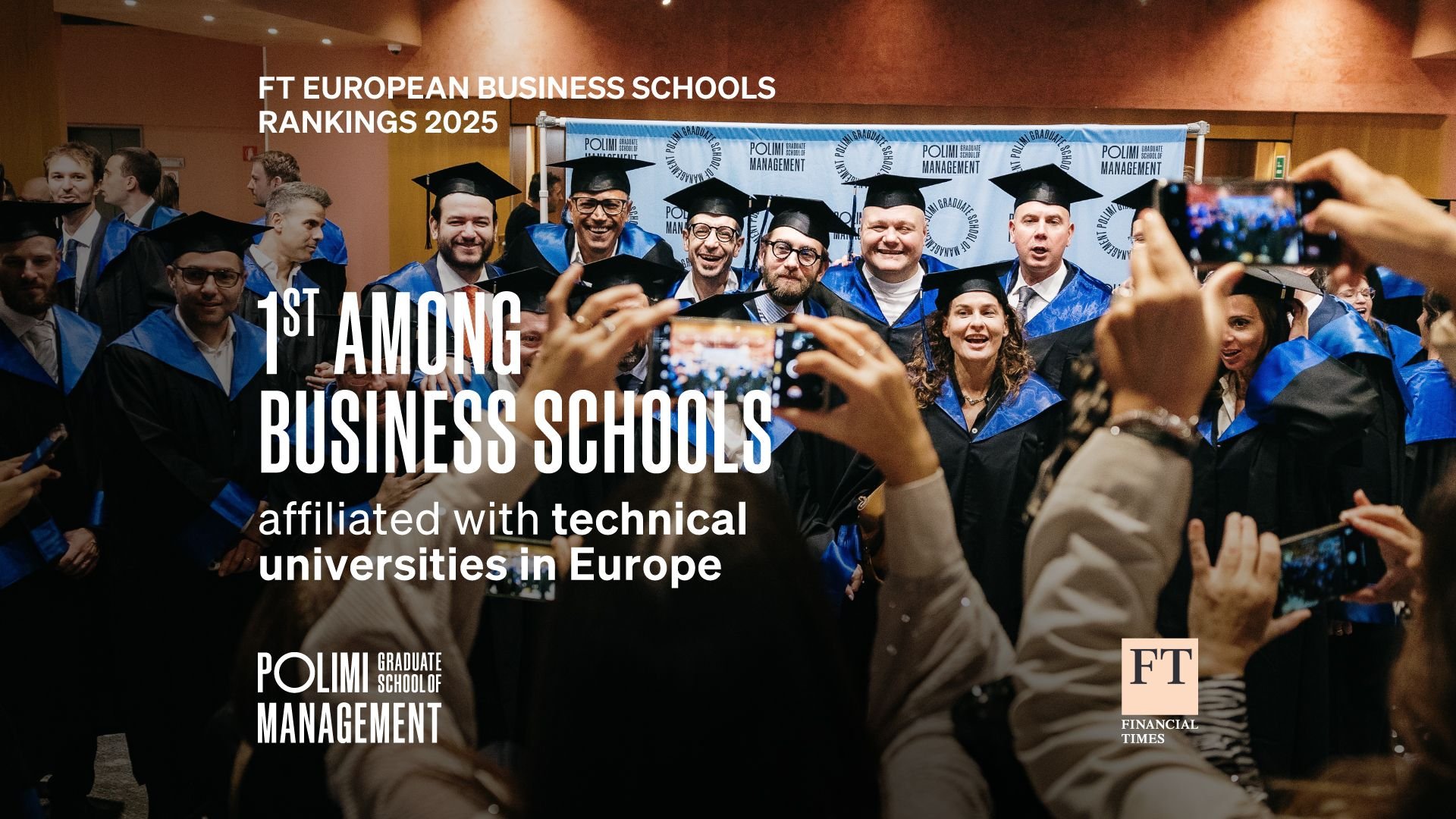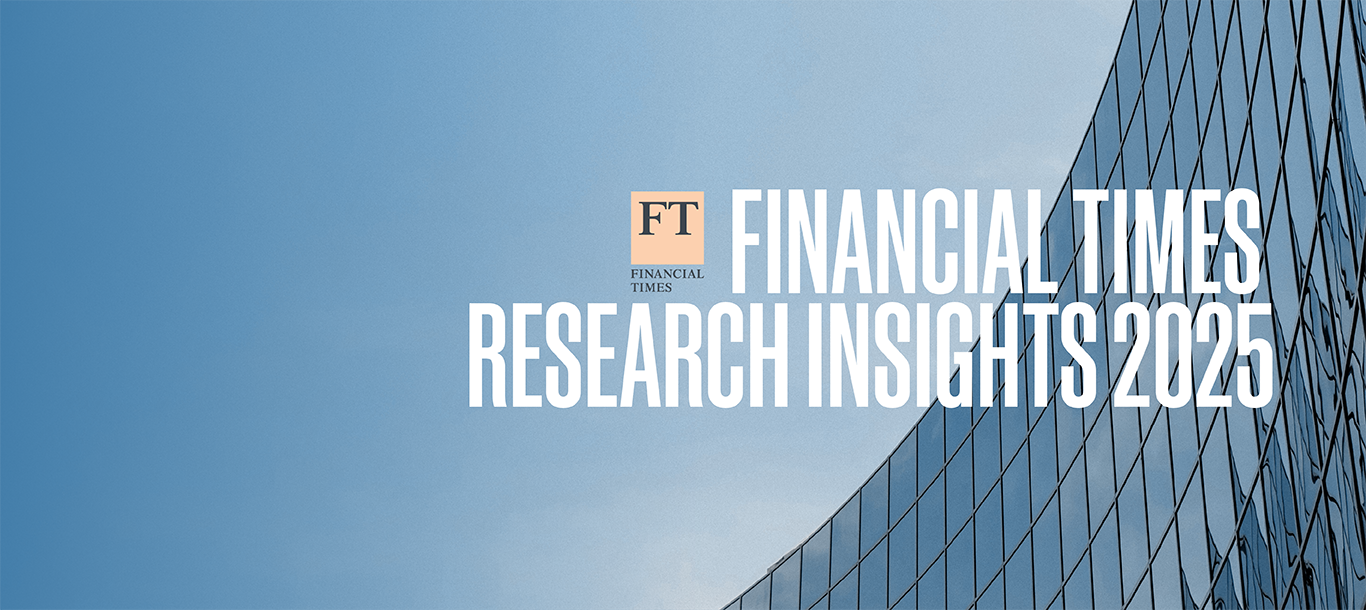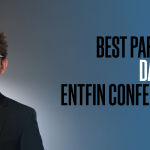
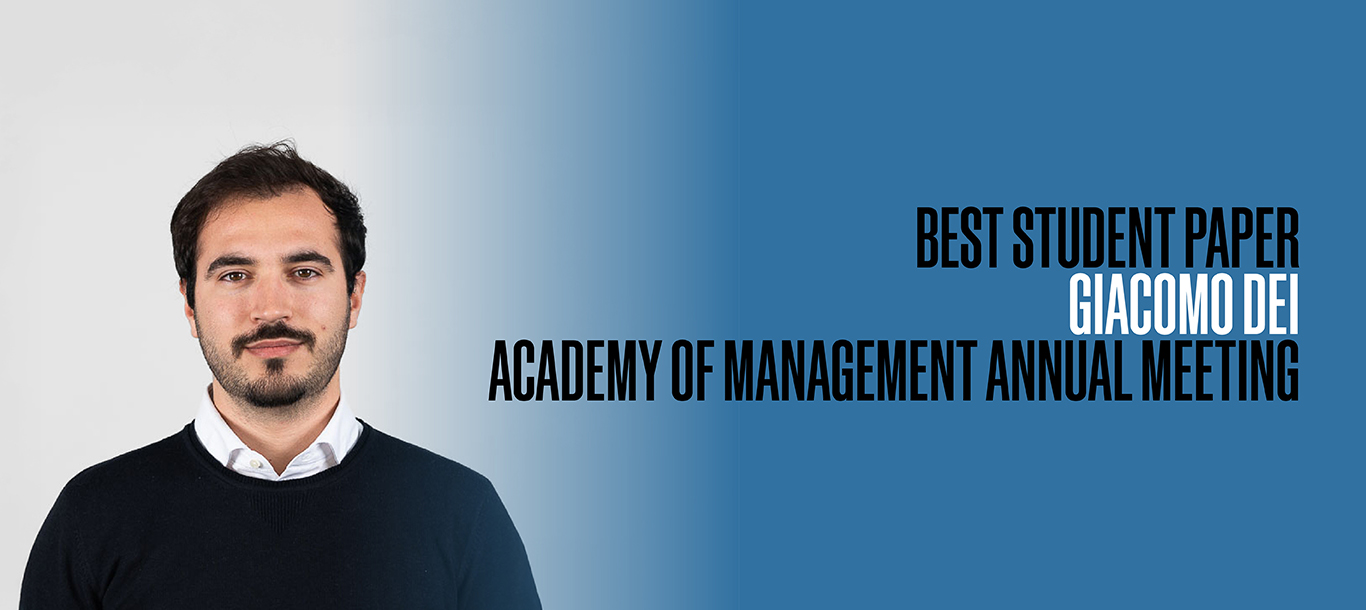
Research | 24 Jul
The representation of scientists in society: an image still dominated...
A scoping review published in Sociology Lens analyzes over one hundred academic studies, highlighting how the collective...
Read
Research | 23 Jul
How Brexit reshaped venture capitals market
A study from POLIMI School of Management of Politecnico di Milano published in Research Policy After...
Read
